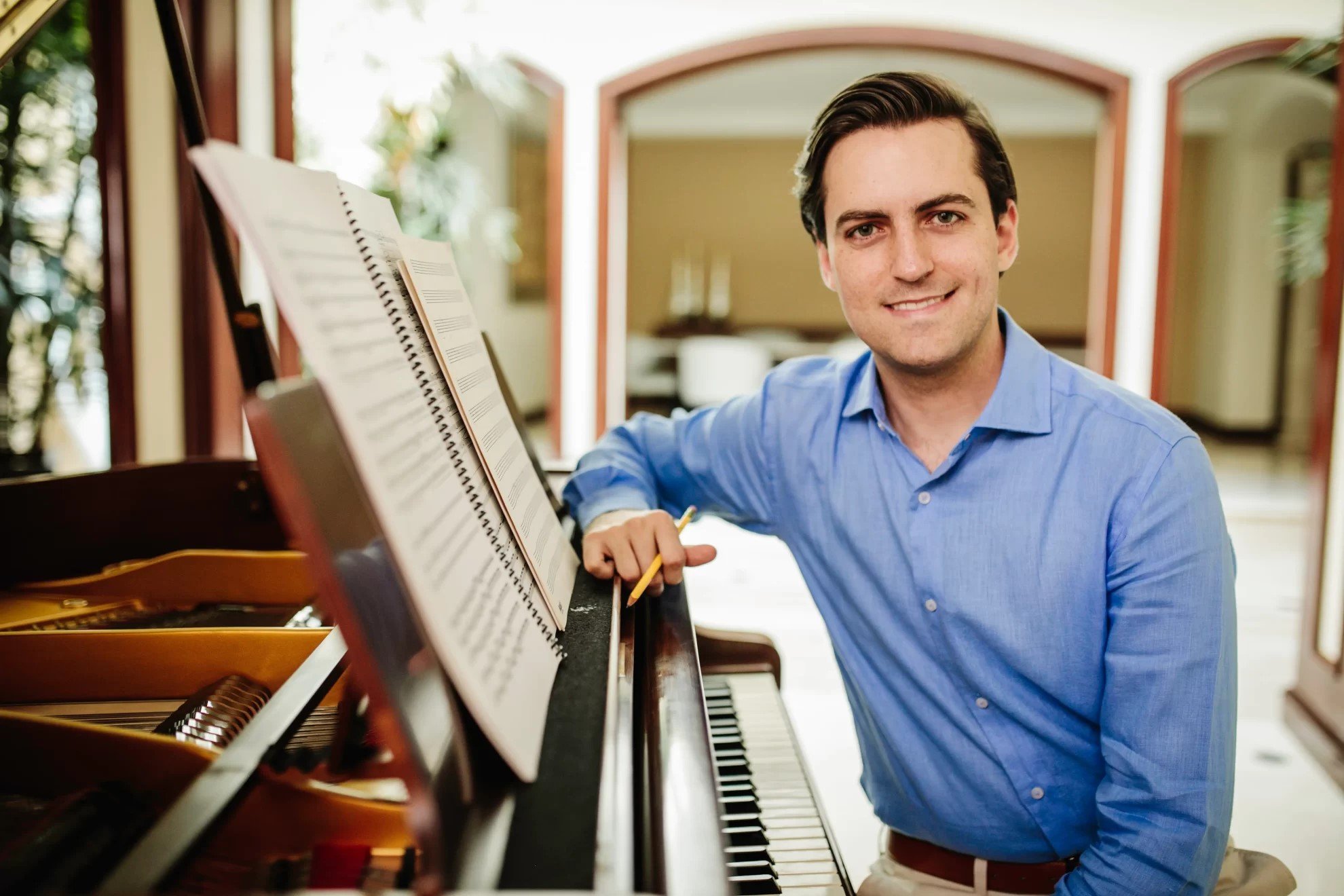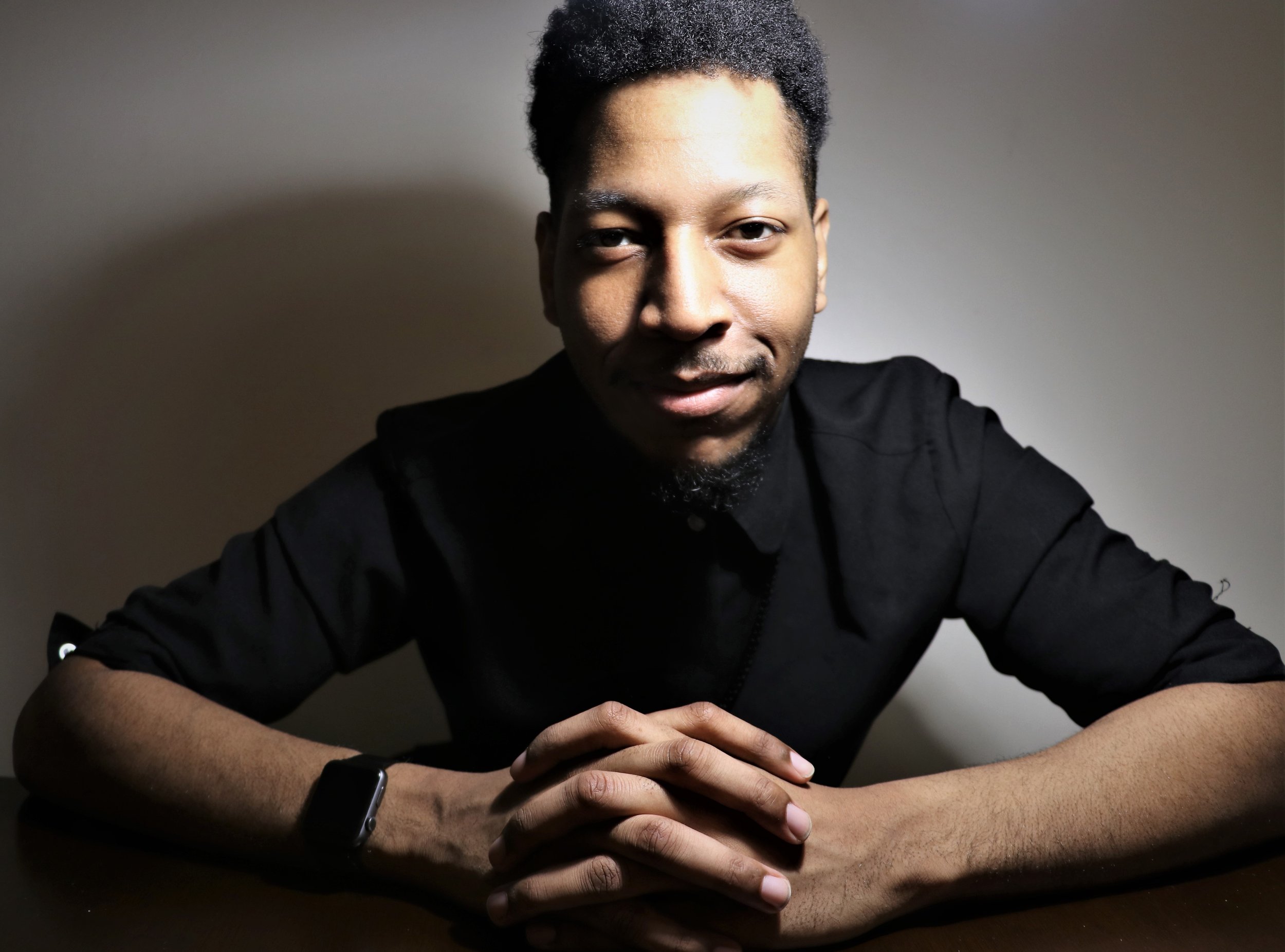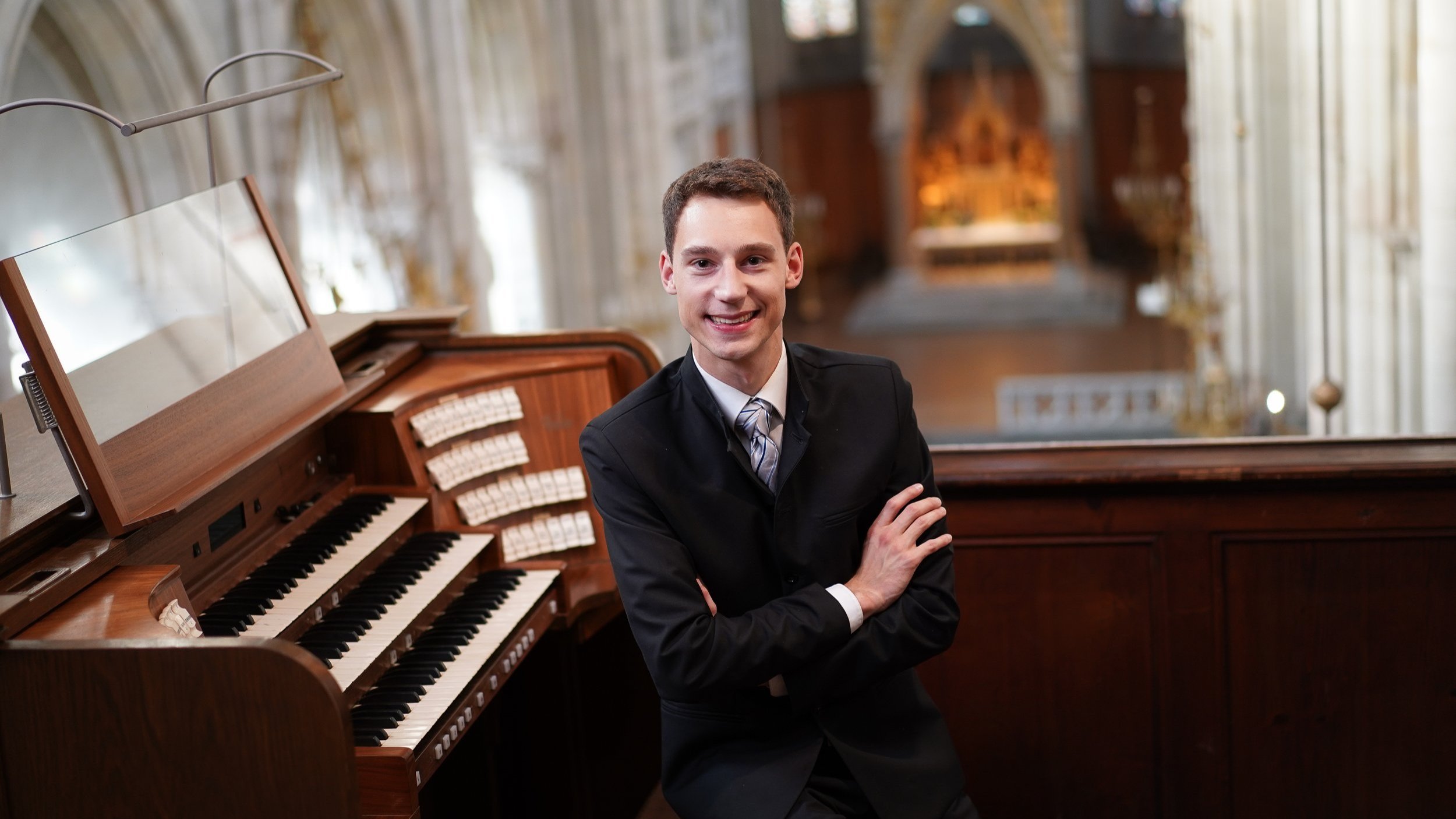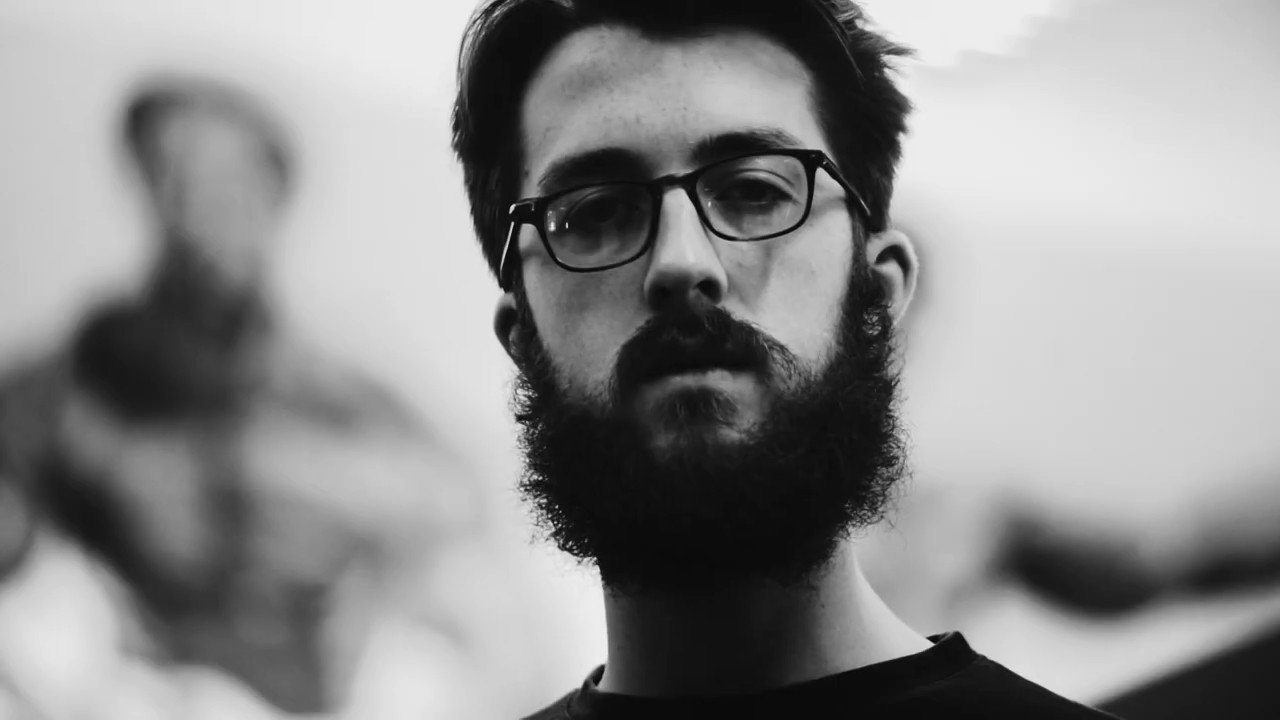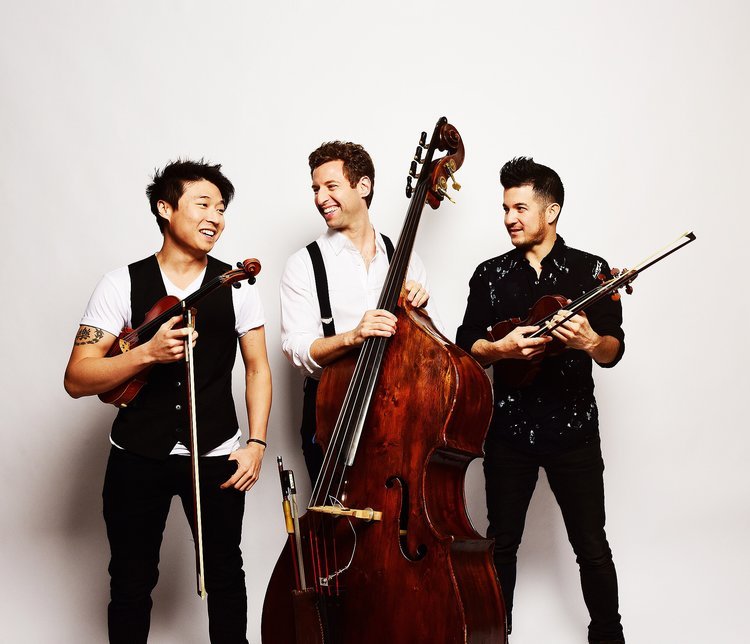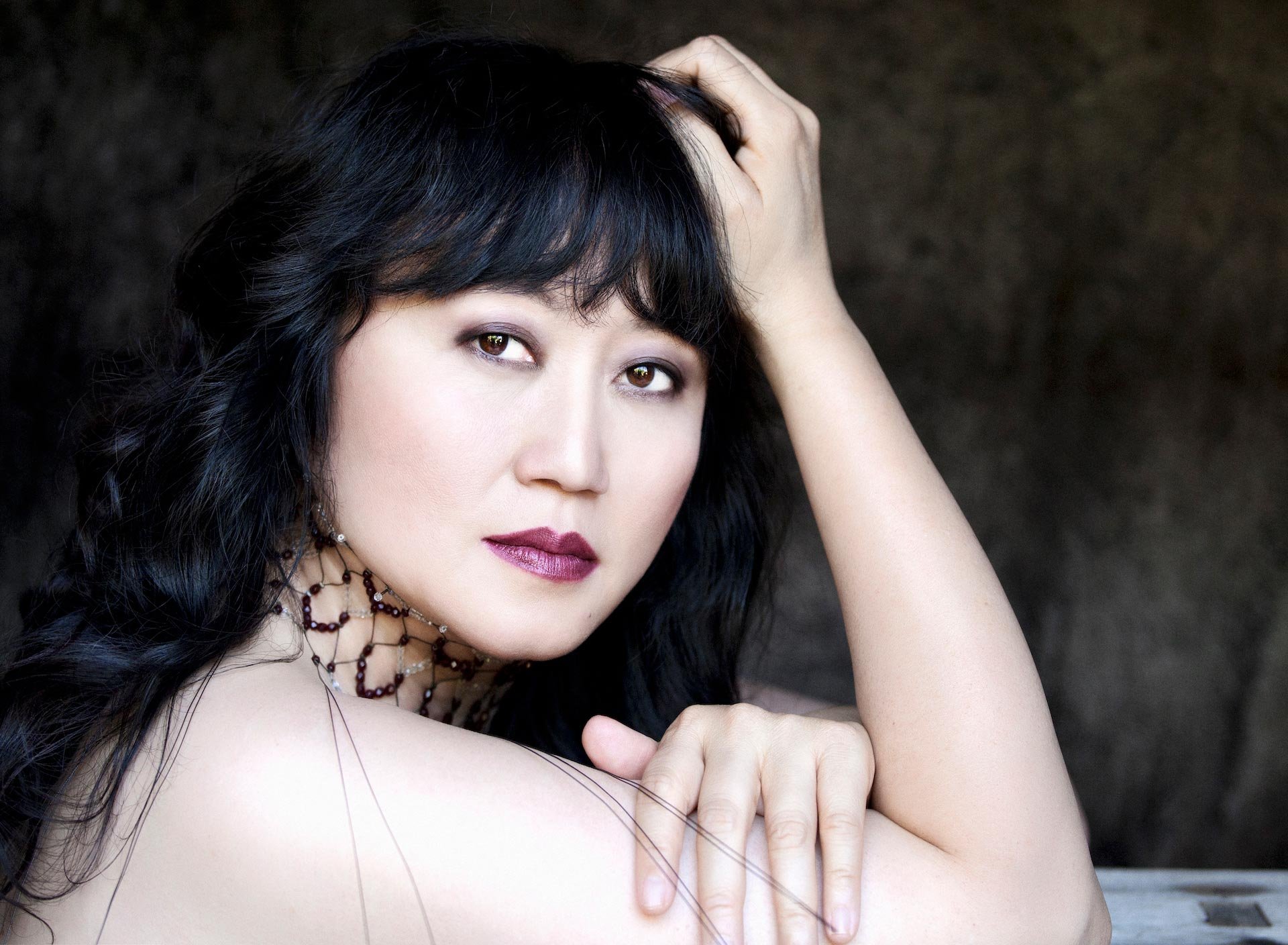How the Founder of The Violin Channel, Geoffrey John Davies, Built a Media Brand for Classical Music
Geoffrey John Davies, the visionary and charismatic founder of The Violin Channel, talks candidly about the origins of his company, how the internet has changed the experience of classical music, and what he sees for the future of the genre.
Geoffrey John Davies, Founder of The Violin Channel
Jonathan Eifert: The Violin Channel is well known as a leading classical music news site, as a go-to media source, and as a streaming service. Tell us how about your inspirations for creating the site and how you have achieved your success?
Geoffrey John Davies: I was born in Brisbane, Australia, which, funnily enough, is also the hometown of both Ray Chen and TwoSet Violin. I founded The Violin Channel back in May 2009, rather innocently, to be honest. There was no initial game plan or blueprint. Around that time, YouTube was starting to be a major online contender for content, and I simply wanted to upload a violin video to share. The sign-up process on YouTube asked me to “Please name your channel : The ________ Channel.”
And, so I did. Days later, curiosity kicked in about how this new home-uploading video site could work with that other new thing, Facebook, that everybody seemed completely fixated on.
I suppose you could say The Violin Chanel was born then and there. I became engrossed with exploring cross-platform publishing on what was then a relatively new phenomenon taking the world by storm—social media.
JE: Are you a violinist or musician yourself?
GJD: I attended a pre-college music program in Brisbane and then earned a music performance degree from the Queensland Conservatory before going to business school at Queensland University of Technology. But I already stopped playing and performing many years earlier. However, there’s a part of me that will probably always consider myself a musician—albeit one who hasn't practiced in 10,000 days. These days, I like to think I have far better ears than hands.
Geoffrey John Davies’ Career Move from Australia to New York
JE: So, a young Australian violinist moved to New York City with a YouTube channel and a Facebook page. What was that experience like?
GJD: Without calling myself a classical music Madonna, it certainly was a risky endeavor.
I had been working in advertising and marketing in Australia and when I came to New York City in the summer of 2011 the goal was to either find a job or to quickly turn these 17,000 violin Facebook fans into something bigger.
Thankfully, a number of major string companies in New York took a chance on me and my channel, signing on for 12-month advertising deals on what was then a completely non-existent Violin Channel (VC) website. Apart from the VC brand that was starting to “glow up” in the industry on social media, I had very little to show potential advertisers at that stage, other than some website mockups, a few big ideas, a fresh perspective, and a snappy new bow tie (not a clip-on!).
JE: Ten years later, how many people follow today?
GJD: Across our site, as well as via social media channels, the app, and our email newsletter, we now have well over 1,000,000 daily followers and subscribers.
JE: That’s an inspiring story of success. How did you manage to sign up big advertising deals for a site that didn’t yet exist?
GJD: Classical music media was in the doldrums at the time. The methodology and procedures for media were still locked in the past, with little sense of innovation. The number of print publications were fast falling, niche publications were dropping out of site, there were extensive layoffs in publishing and the recording industries, and few publishers, in any industry at that time, had yet to realize the revenue potential of the online world.
I figured these initial marketing directors either felt very sorry for me, or, since I was posting pretty effectively on Facebook, they assumed that turning news scoops into html and getting traffic on the forum wouldn’t be that hard.
Geoffrey John Davies, Founder of The Violin Channel
I feel very fortunate for how things worked out.
JE: Can you name some of the The Violin Channel’s clients?
GJD: I feel extremely fortunate to be now working with Carnegie Hall, Lincoln Center, The Juilliard School, The New York Philharmonic, London Symphony, Wigmore Hall, Warner Music, Decca Classics, and Sony, among many others. And the list continues to grow.
JE: Was there a single point in the process at which you realized you were onto something special with The Violin Channel?
GJD: Honestly, from the first time I ever used Facebook, I thought to myself: This could be the beginning of a whole new generation of publishing, where readers are fed bitesize nuggets of information, feeding their own nerdy niche, but intermingled wholly within their own online environment.
Social media made it simple to push information out. Readers didn’t have to walk to a shop and buy a magazine and read it cover to cover. Instead, they could opt in, for free, and receive valuable, engaging information bit by bit over the course of the week.
I realized pretty early that this was a way of making people’s engagement with classical music much easier and consumable. It was also so interactive—unlike anything anyone had ever seen before.
Geoffrey John Davies Discusses How the Internet Changed the Experience of Classical Music
JE: What’s one of the biggest ways in which the internet has changed the classical music industry?
GJD: In almost every way, but to just choose one, I feel successful solo careers in the past seemed to live and die on a single newspaper critique or industry tastemaker’s whim. But in today’s modern media landscape, I don't see this being the case.
From my experience, I know that a sensational competition or recital performance, recorded well, circulated widely on the right platforms onto the screens of presenters with a huge potential live audience, can open far more opportunities and concert hall doors for far more players.
I have always believed that if classical music is going to continue to thrive, it must always stay culturally relevant, freely available, and accessible to any potential listener.
Since inception, The Violin Channel has always strived to embrace technology to make classical music as relatable and appealing as possible, without any artistic compromises. I have also felt a strong need to educate audiences of all knowledge levels, so as to help facilitate an even greater appreciation for music and to help normalize diversity in our field.
JE: What are some of the qualities now required for a professional musician to make a good living given this new online landscape?
GJD: I would say a mastery of your instrument, creativity, communicative musicianship, stage authority, interpersonal skills, professionalism, reliability, tenacity, and a willingness to put yourself out there and embrace technology and social media.
Frankly, interpersonal skills are an even bigger component of success for a classical musician. You need to be liked onstage by your audience, as well as offstage by your colleagues. Some of that can be faked, for sure, but the more genuine a performer, the better and more successful he or she will be.
Geoffrey John Davies, Founder of The Violin Channel
Geoffrey John Davies and His Goals for The Violin Channel
JE: Is this a part of The Violin Channel’s goals—uplifting musicians who, as you suggest, might previously have gone unnoticed?
GJD: Absolutely. One of our major focuses is developing and preparing the next generation of talent. Not only that, but I’ve always felt an overarching belief that the Channel should be about “facilitation not dictation” — to be the neutral, factual, and objective source and leave our followers to further build the narrative with their personal thoughts, opinions, objections, and debate.
I’ve always viewed every story we post as the “tree trunk” and “branches” for an industry conversation, with the readers left to add all the “leaves.” Our stories aren’t meant to reflect just one writer’s view or spin on a situation, but rather as an opportunity for readers to take away the cumulative thoughts of the industry — which is almost always more akin to the truth.
Besides, who really wants to read about left-hand technique from me, when Ida Kavafian can tell you about it in 500 words, with the concertmasters of the New York and Berlin Philharmonic orchestras able to confirm within three minutes that she’s absolutely correct. I guess I knew early on that I wasn’t the expert in the room, but I could bring together those who were.
JE: How would you assess the overall climate now for classical music?
GJD: I want to emphasize that this is an especially exciting time in the classical music world, not only as we re-open post pandemic, but also because we now have so many new ways of listening to music, experiencing music, seeing music, and getting to know the musicians.
I liken this time in our history to a kind of renaissance of classical music. The notes don’t change, but the ways to experience them have and are continuing to change, for the better.
There’s so much to be optimistic about. As we all experience this new era of classical music, keep an eye—and ear—on our site for livestreams and events. Get excited as we are, for The Violin Channel has lots of updates and exciting things planned for the coming months, including a second season of our Vanguard Concerts Series. Tune in!
Follow or send a DM to Geoffrey John Davies on Instagram.







